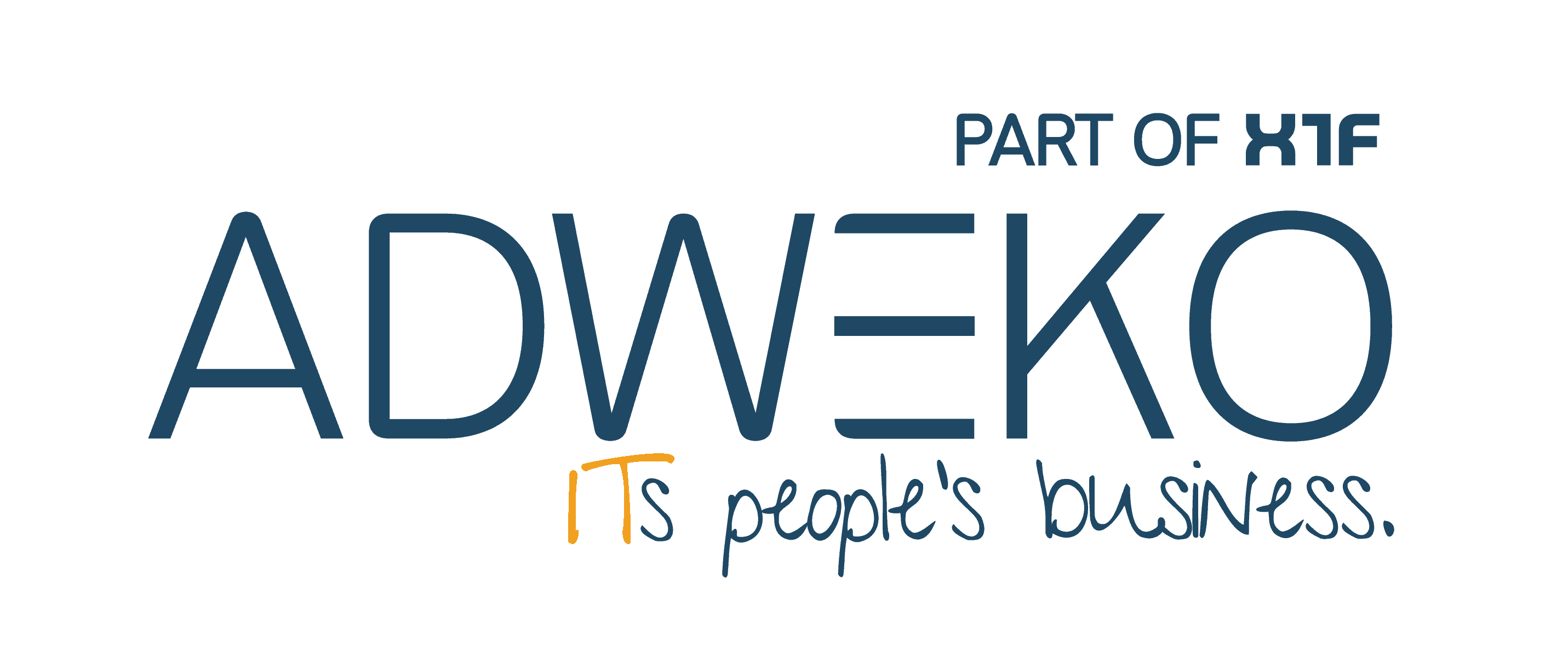
Advantages of teamwork
- Benefit and learn from the knowledge of each individual
- Scaling the division of labor
- Promoting a sense of belonging and employee retention
- Saving costs by increasing the efficiency of the team
- Enrichment of the team through cultural and individual diversity
Too often, unfortunately, the assumption is made that teamwork will lead to success on its own. It just does not! Particularly in the case of a merger of international employees, unexpected cultural stumbling blocks can lie in the path. We, too, had to learn this at the beginning of German-Hungarian cooperation.
How was the cooperation with Hungary at the beginning?
Nice colleagues in Germany + nice colleagues in Hungary = great success?
Unfortunately not quite. In the beginning, we invested far too little time in getting to know each other. Therefore, in the course of cooperation, both parties wondered about each other’s idiosyncrasies.
What were the biggest challenges?
Lessons Learned #1: If a Hungarian colleague says to a German colleague that everything is fine and that they are satisfied, then it doesn’t necessarily have to be true. And so frustration arises. Because how can you help someone if the person doesn’t open up?
On the other hand, the typical German directness was sometimes met with a rather irascible response from the Hungarian colleagues.
Such a miscommunication arises from the following mindset: We are all the same! – This sounds good, but is only half true. We should all be treated equally and fairly, but we are fortunately not equal on a personal level. Each person has their own customs and a different cultural background. And in order to use this individuality in a targeted manner, the diversity in the team must be taken into account in advance, for example, by looking at the different teams. about the respective cultures and adapts one’s own soft skills accordingly.
Lessons Learned #2: Investing too little time in building mutual trust risks creating a sense of inequity. If you want to work with colleagues from different countries, a collegial relationship is essential. Otherwise, it can happen that the colleagues:inside feel treated differently…
When did it “click”?
After a good bit of time had passed and we all got to know each other instead of getting angry over our differences, it “clicked”. Over time, we have learned to deal with our differences advantageously. The honest interest in each other broke the ice.
What specifically has been done to achieve this?
No.1: We have placed a greater emphasis on communicating with each other and creating an atmosphere in which everyone feels comfortable addressing her or his concerns.
No. 2: Different countries mean different circumstances, so we found some country-specific differences from the number of vacation days to the presence of a company car. For example, our colleagues in Germany receive up to €250 net per child for kindergarten fees. The situation is different for our Hungarian colleagues, as kindergarten is free of charge in Hungary. The same applies to the extra vacation days per child for Hungarian employees, which does not exist in Germany. Looking at the big picture, the differences naturally even out.
What does the cooperation between ADWEKO-DE and ADWEKO-HU look like today?
The cooperation is highly appreciated by both sides and it is simply fun to tackle tasks together because we have learned to understand and appreciate our cultural differences. We maintained this during the pandemic to ensure smooth cooperation online as well.
In line with the ADWEKO corporate culture, our cooperation takes place at eye level. Hungary is not an extended workbench for us, but a strong partner. Thus, of course, Hungarian colleagues are also represented in decisive positions and contribute to the success of our company!

ADWEKO is a colorful blend of spices and we are proud of it!
Conclusion?
In the end, it is appreciation and a sincere interest in the person that contributes to successful teamwork and enriches everyone involved.



0 Comments